

The things that you bring to your babysitting job interview can be just as important as showing up. If it's the first time you've gone for an interview as a babysitter, then you might not be sure what a prospective employer wants to see.
What should I bring to a babysitting interview? You should bring a portfolio containing your resume, parent references, copies of your certifications and licenses, identification, a notepad and pen, and prepared questions for the family. Also, be sure to bring a smile and a positive attitude!
Interviews can be stressful. But you'll feel less overwhelmed if you prepare in advance. This list will share what you need to bring for your babysitting interview so that you can plan everything out well in advance.
We also have a downloadable checklist (click to see below).
The items you bring to your babysitting interview will say a lot about you. Most importantly, they'll show parents that you're organized and equipped to take care of their kids.
Finding the right babysitting job can be hard. So once you have a family who is interested in you and the interview process begins, you want to use everything in your power to make a good impression once you meet your prospective employers in person.
Below I'll outline 14 essential things that every good babysitter should bring with them to an interview!
A lot of items I'll be discussing below are paperwork like forms, certifications, and other printed information.
I always suggest that babysitters print out copies of everything they plan to bring and organize them in a paper folder. When you're done with the interview, you can give the family a copy of all your printed information to take home.
It may seem like extra work, but having a professional presentation will really help to set you apart from other babysitters that may be interviewing for the same job. It's little things like having an organized portfolio that could be the difference between landing a new babysitting job or not.
You should be able to get photocopies and all of the supplies that you need at your local office supply store for around $1 - $2 per portfolio.
Spending $1 or $2 on each family might seem like a lot if you don't have a job right now. But your first paid babysitting shift will more than cover the costs from all of your interviews. If you're a younger babysitter who is short on cash, ask a parent for help in getting your babysitting business off the ground.
To have all of your babysitting documents ready at all times, consider making a babysitting binder. I go over it in detail in my article: The Ultimate Babysitting Binder.
When it comes to interviews, a resume should be the #1 thing that you think to bring.
But don't just print off a generic copy of your resume that you have saved on your computer.
You'll want to make sure that your resume is still up to date. Be sure that your contact information and current address are correct. It would be awful to miss out on a babysitting job because you no longer use the phone number or email address listed on your old resume!
Include any new information since you last updated your resume as well. That might include:
Learn how to create an impressive resume by reading our guide: How to add babysitting to your resume.
Even if you've already emailed a copy of your resume to the family you'll be interviewing with, it's a good idea to print a couple of copies and bring them to the interview. They may have misplaced their own copy or don't have a printer at home to print it.
If you are interviewing with two parents at once, bring two copies of your resume. That way they can each review your resume separately and won't have to share.
It's good to bring an extra copy to reference yourself as well. Even though you know yourself better than anyone, during the stress of an interview it can be good to have your resume in front of you so that you can go over everything point by point.
Run out of spare copies? Ask the family to take a photo of your documents instead.
To give your resume an extra little touch of luxury, I recommend using a high-quality paper instead of regular printer paper if you have access to it. Your resume will feel thicker and more substantial, and it's those little details that will set you apart from other babysitters.
Regular printer paper will usually be marked in stores as "20 lb." This means 500 sheets of paper weighs 20 lbs. If you're buying the premium paper just to print your resumes on, I'd recommend using 28 lb or 32 lb paper to create a resume that looks and feels more professional.
For a teenage babysitter, this might be overkill. But if you're a full-time babysitter or nanny it will really set you apart from the competition.
Parents want assurance that the babysitter they hire will be able to deal with any situation or emergency.
According to the American Red Cross, 30% of parents have rejected a babysitter because of safety concerns! (source)
You can help set their mind at ease by giving them a copy of all of the certifications and licenses you've received. It's a good way to show all of the training and classes you've taken.
Be sure to include your CPR and First Aid certifications if you've got them, as well as proof that you've taken a babysitting course.
If you have a diploma or degree in Early Childhood Education or any other related field, it's a great idea to bring that as well.
The more certifications you're able to produce, the more that your prospective employers will see you as a professional babysitter that takes their job quite seriously.
Not sure what kinds of qualifications will make a good impression on parents? Check out my list of babysitting qualifications and read my article on babysitting licenses.
Most parents will want to see some form of identification to make sure that you're who you say you are. That's fair, since they'll be leaving you alone with their kids, and safety should always come first!
A driver's license or passport is the most common form of ID that a parent may ask to see. If you're a younger babysitter you may not have a driver's license yet. In that case, you may want to provide something like a school ID card or health card.
If you're going to be hired as a full-time babysitter, your employer may also need your personal identification number for tax purposes. This might be called your Social Insurance Number (SIN), Tax File Number (TFN), Social Security Number (SSN), or something else depending on where you live.
It's a good idea to make a copy of your ID and provide it to parents in your babysitting portfolio. Parents might not have a way to quickly copy or take a picture of your ID, especially if you're meeting in a coffee shop or some other public place for the interview. Parents may need this information to run further background checks.
Giving parents a copy of your ID is another way of showing that you've planned ahead and that you're organized. It also makes the process easier for them, which might put you ahead of other babysitters as well. Many busy parents would rather just go with the babysitter who is prepared, instead of those they need to follow up with to get further information!
It makes sense to have contact information for whoever will be interviewing you.
There are a few situations where you might need to contact them before the interview. For example, if you're running late or an emergency comes up and you need to cancel the interview.
Before you head out for your interview, make sure their information is saved in your phone, or write their contact information down on a piece of paper and bring it along with you.
Speaking of phones, you should bring one with you to the interview just to stay safe as well. For more information, check out my article: How to Stay Safe When Babysitting.
Another important part of your babysitting portfolio is your references.
This is a list of previous people that you've babysat or worked for, or even just family members and friends who can put in a good word for you.
Be sure to print out a list of your references along with their contact information and other details. Families follow up with references more often than you think, as it can give a lot of insight into the kind of person you are.
Many families will ask for references anyway, so it's a good idea to have them ready and make the process as easy as possible for them.
See our complete guide to babysitting references to learn how to get the edge over other babysitters who are competing for the same jobs.
Most of a babysitting interview will be questions that the family has for you. But bringing your own questions to ask the family is also an important part of the interview.
Having some questions of your own shows that you've really thought about the job and you're interested in it.
You can ask about all kinds of things, such as what a typical babysitting shift would look like, what's expected of you, how the family handles discipline and other topics. The more detailed and original you can get with your questions, the better.
See our list of questions babysitters should ask parents and download our checklist to bring with you to the interview.
Depending on your country, a background check may be required for babysitters. In other places, it's just a nice extra credential to have.
The easiest background check that you can get yourself is a criminal record check. Simply go to your local police station and you should be able to order a background check for around $25 - $50 depending on where you live.
Families may want to run their own background checks on you themselves. In that case, it's a good idea to bring a pre-made form authorizing them to run a background check on you.
It's good to have a list of activities that you're ready to do with kids that you babysit when you go into your interview. This shows parents that you actually intend to engage with their kids and keep them active and that you aren't one of those babysitters who will just sit them in front of the television for the entire night.
Your activity list can include rainy day activities like crafts, and even things like free or low-cost activities nearby in the community that you can take kids to.
Be sure to make your activity list age-appropriate for the kids that you'll be babysitting for.
Parents will often ask what exactly you would do with children during a babysitting shift, and that's the perfect time to pull out your activity list.
See our massive list of fun babysitting activities and add your favorites.
Bringing your own pen shows that you've thought ahead and that you plan to take notes about the conversation that you're having with your prospective employer. It's a small thing that can be the difference between looking prepared or unorganized.
A notepad is useful for all kinds of things that you might need to write down during a babysitting interview, like special house rules, phone numbers, dates, and other information. It's better to have paper dedicated to writing notes instead of scribbling on the back of your resume or a scrap of paper.
Creating a sample schedule gives parents a good idea of what an average day looks like for their kids with you as a babysitter. It's yet another thing that shows you're good at planning and thinking ahead, which are characteristics that parents look for in babysitters.
You can include healthy snacks and meals for the kids, activities, and other details.
Your schedule can also leave blank space and double as a daily log that you can give to parents at the end of a babysitting session to show what the child did that day. It shows that as a babysitter you'll be tracking what the kids ate, when they napped, where you took them, what toys they played with when you changed diapers, and other important details.
If you have extra room on your sample schedule, you may want to also include room for a mini contact list with emergency contacts.
Unless you know 100% how to get to the interview, it's a good idea to review directions to confirm that you know exactly where you're going.
Getting lost could end up making you late for your interview, which could look terrible for you.
Nowadays most of us have maps and GPS on our phones. But it isn't a terrible idea to print out directions just in case your battery dies or your phone has some kind of malfunction.
If you need to take public transit, it's also a good idea to go for a practice run and take the bus or subway in advance. That way you don't have to worry as much about getting lost before your actual interview, and you'll know exactly how long it will take to get to the interview spot.
It would be a good idea to pop some breath mints or gum in your mouth before your interview, even if you brushed your teeth before you headed out.
Not worrying if you have bad breath is one less thing for you to focus on or feel self-conscious about.
Just be sure to get rid of them before the interview starts.
It might sound cheesy, but it's still a good idea!
Nobody wants to hire a babysitter who comes across as sad or apathetic.
You'll be working with kids after all. Parents want a babysitter who can be cheerful and full of energy while they're around children. Even if you're having a bad day, you can't let that show to the kids you're babysitting and need to be able to put on a happy face.
If you're naturally an introverted person like me, you might need to put a little extra effort into smiling, speaking louder, and making small talk.
You might find that you're having a stressful day before your babysitting interview. Try to find a few minutes to relax and take some deep breaths before your interview and you'll be a lot calmer and positive when speaking to potential employers.
You don't need to bring anything into the interview that could potentially distract the person interviewing you, or yourself.
It's seen as rude to bring food or drinks into your interview unless you're specifically meeting at a coffee shop or restaurant. So if you had to grab a bite to eat on the way to your interview, leave it in the car or throw it out in advance.
Excessive jewelry can also be distracting. So can your phone if it rings during the interview, so always double-check to make sure that you've got it turned off or set to silent mode.
If you're a younger babysitter, don't bring your parents into the interview with you! Yes, I've really heard of people doing this, and it's a good way to show potential employers that you aren't responsible enough to handle the interview alone! If you need to get a ride to the interview from a parent, ask them to wait in the car or drop you off and come back later.
Planning what you want to bring to a babysitting interview in advance will help remove some of the stress associated with the interview process.
It's a good idea always to have a few babysitting portfolios assembled so that you've got them ready, just in case a new family suddenly contacts you for an interview.
Getting called for an interview is the hardest part of finding a babysitting job. It means the family already thinks you're a good candidate and can do the job. Usually, all that's left is to prove to them that they're correct.
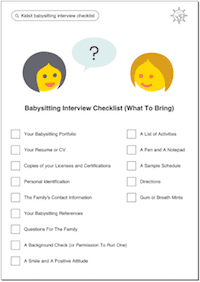
Make sure you never forget to bring anything important when you attend a babysitting job interview.
Download then print-out our checklist and keep it in your babysitting binder so you always have the information when you need it.
Want to know what a babysitting interview is like? Check out our guide: What to expect at a babysitting interview and learn how to prepare.
Next:




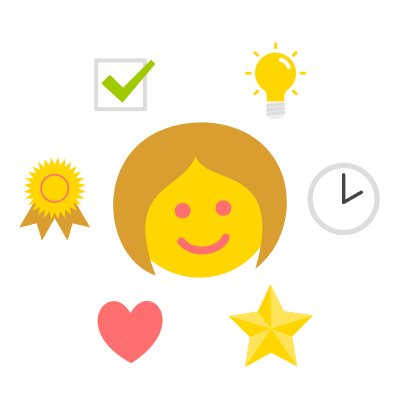

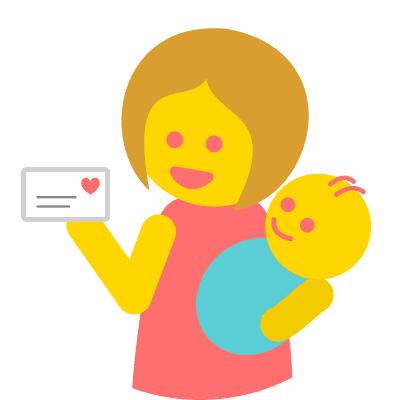

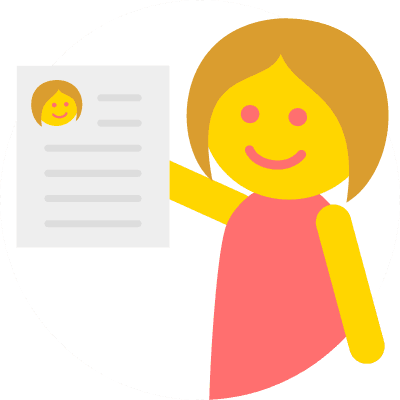
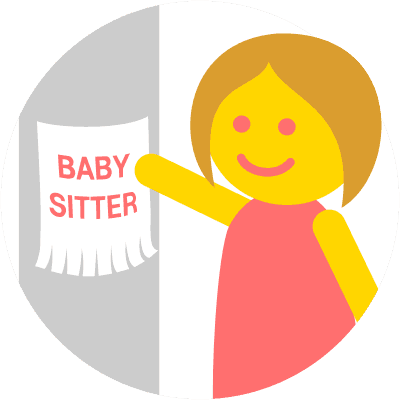
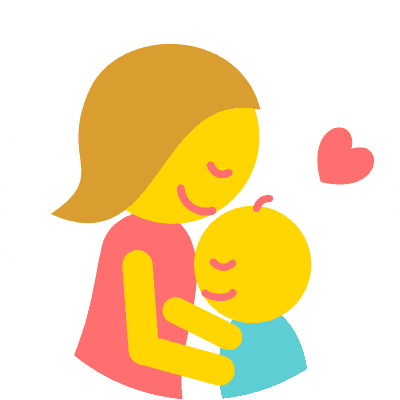



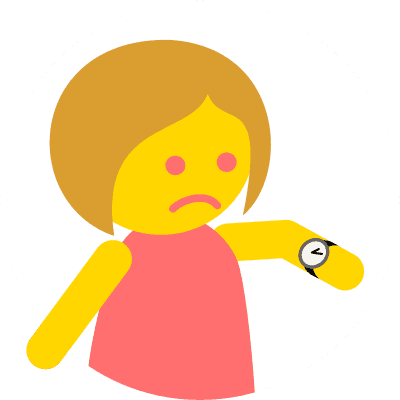

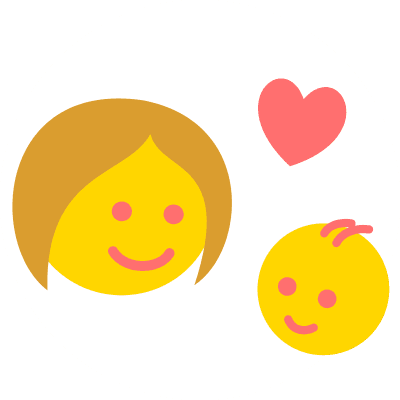

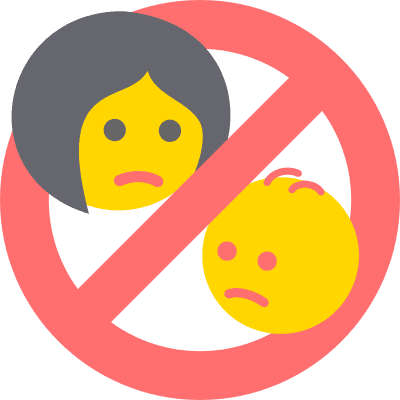





It only takes 1 minute, and it's free
























Kidsit Babysitting Jobs Babysitting Interview: What to Bring?
© Kidsit.com 2018 - 2024